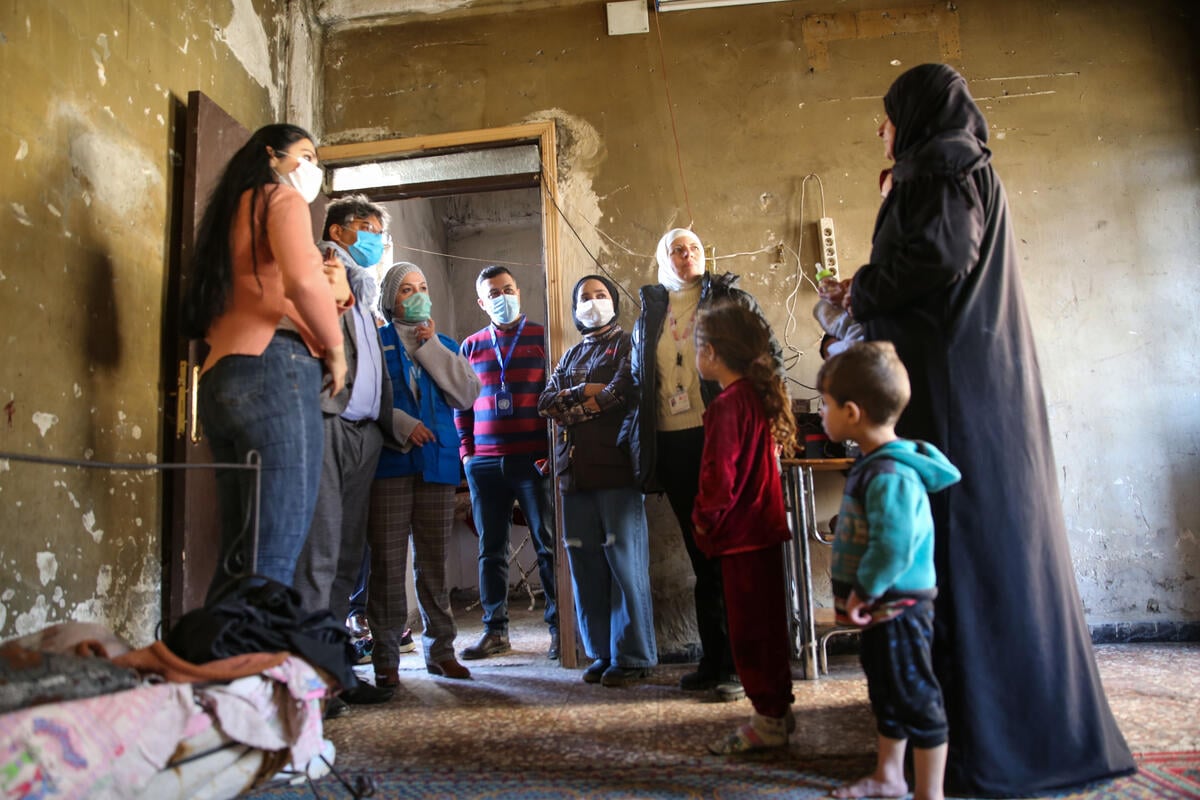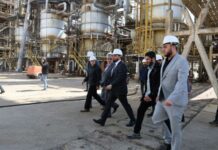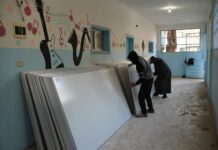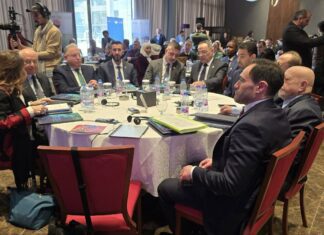
More than 9,000 displaced families have returned to Deir Ezzor Governorate since the fall of the Assad regime on December 8, according to local and international sources. While the return marks a hopeful shift for residents, aid groups warn that the province remains critically underserved after years of neglect and war.
Massive Returns and More Expected
The Humanitarian Action Coordination Office (HAC) in Deir Ezzor reported that 9,247 families—totaling over 36,000 individuals—have returned to cities and towns across the province. The largest numbers were reported in Al-Mayadeen and Albukamal, followed by Deir Ezzor city and Al-Tabani district.
The returns are part of a broader nationwide trend. According to the United Nations, more than 1.4 million Syrians have returned to their homes since December, including nearly 400,000 refugees from neighboring countries and over one million internally displaced persons. The UNHCR expects more returns in the coming months but warns that a lack of funding and services could push families to flee again.
Neglected on Many Fronts
In Deir Ezzor, basic needs remain acute. A visiting delegation from UNICEF highlighted the scale of humanitarian demand in the area. “The needs in Deir Ezzor are very great,” said Yasumasa Kimura, UNICEF’s representative in Syria, during a visit to the governorate on Sunday.
UNICEF is working on several fronts, including health, education, nutrition, and child protection. One of its key initiatives is the rehabilitation of the Euphrates desalination and treatment plant, which is expected to supply clean drinking water to more than 400,000 people when completed next year.
During his visit, Kimura met with Governor Ghassan Ahmad to discuss education, healthcare, and infrastructure. “We discussed how we can serve the governorate more effectively and bring more financial support,” he said.
Despite these efforts, Deir Ezzor still bears the scars of long-term neglect. During the Assad era, the province was marginalized and its rich natural resources—especially oil and gas—were exploited without reinvestment. A 2024 report by Syria TV described the region as viewed by the former regime as little more than a “resource zone,” with limited development of roads, schools, or hospitals.
Today, with Assad no longer in power, residents and aid organizations alike hope that Deir Ezzor can finally receive the attention and investment it has long been denied. But for now, the challenge of rebuilding a province neglected for decades looms large.








